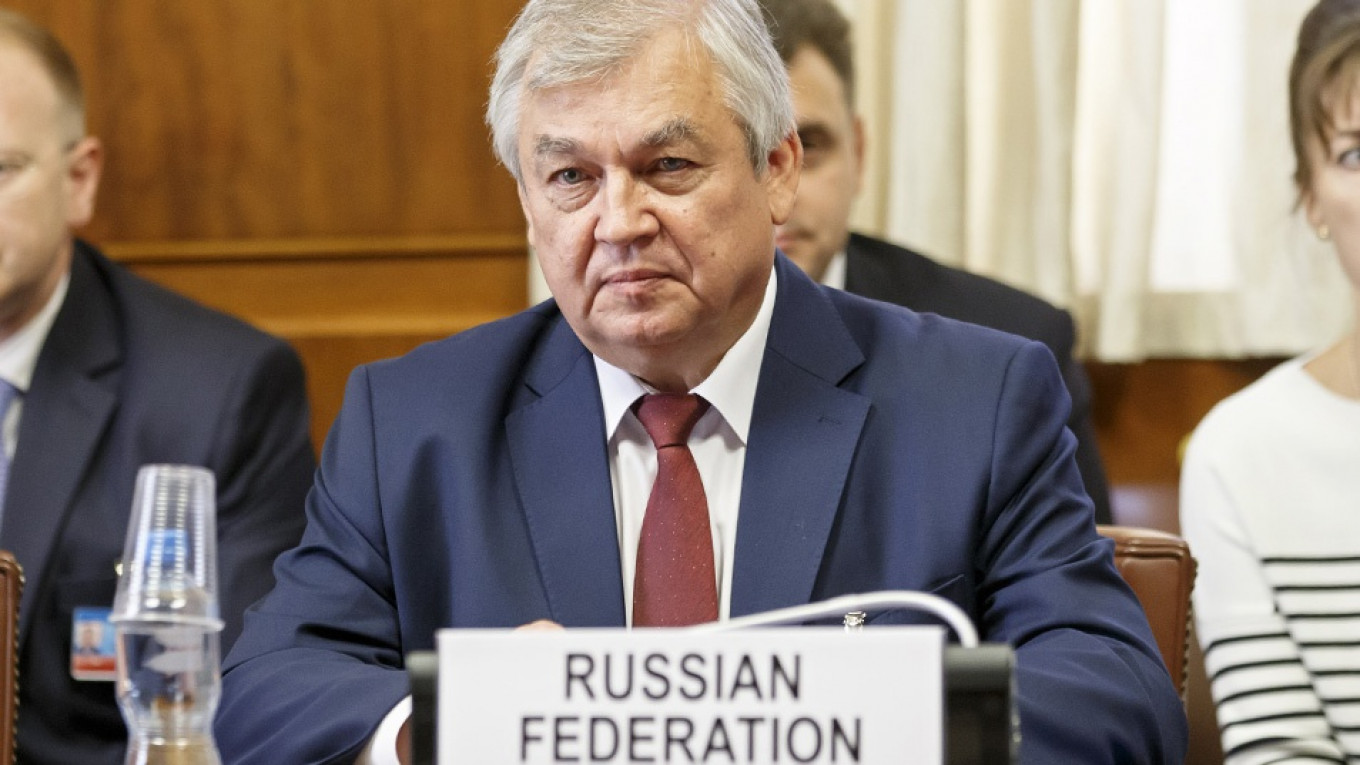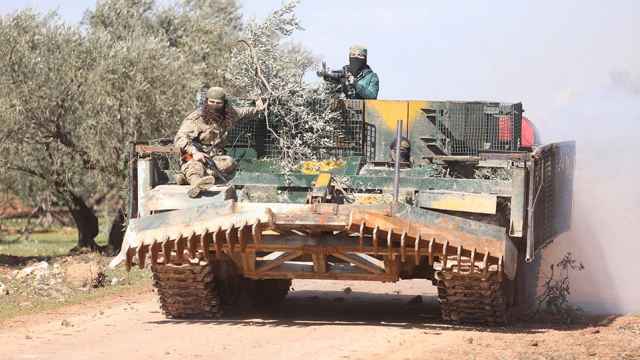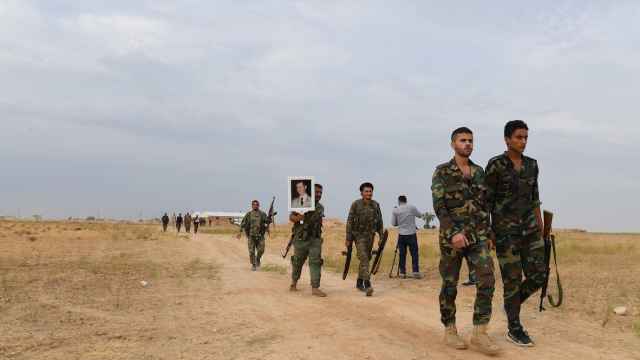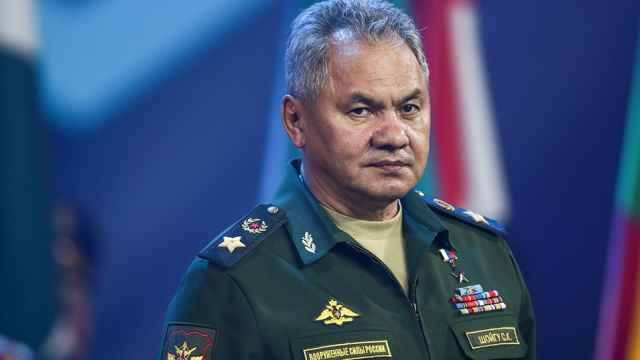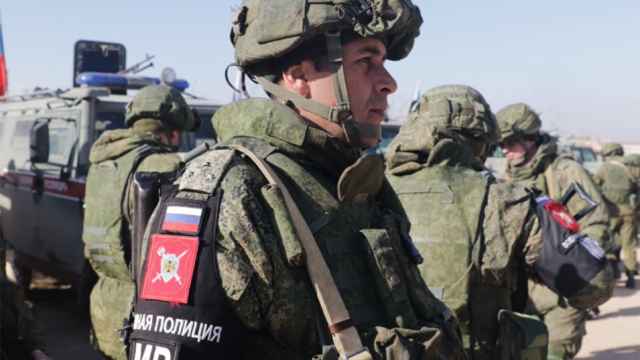Russia hopes for a peaceful resolution of the situation in Syria's rebel-held province of Idlib but believes it is up to Turkey to separate Islamist militants from the moderate opposition, Russia's Syria envoy said on Tuesday.
"We are saying the situation in Idlib should be settled most preferably in a peaceful way. It is possible to abstain from using military force," Alexander Lavrentiev told reporters after talks in Geneva with UN envoy Staffan de Mistura.
"Idlib province is...a sort of zone of responsibility of Turkey; it is their responsibility to separate the moderate opposition from the extremists, from Jabhat al-Nusra and other groups, other terrorist groups," he said.
The northwestern province of Syria, described by the United Nations as a "dumping ground" for people evacuated and displaced from other parts of Syria during the seven year war, is the last major holdout of the rebels.
President Bashar al-Assad has vowed to retake it, backed by his Russian and Iranian allies, but the United Nations has warned that an offensive could lead to a humanitarian catastrophe, potentially uprooting 800,000 people.
The number of militants in the area was still extremely high, and some were using civilians as human shields, but Lavrentiev said the military would seek to minimize civilian casualties in case the battle went ahead.
There were also attacks from Idlib province on a Russian air base and on Syrian government positions, which made the situation untenable.
But he said Russia's President Vladimir Putin and Turkish President Tayyip Erdogan were working hard to find a solution. Russia and Turkey knew where the extremist positions were, he said.
"It's extremely difficult for the Turks to complete their part of job," he said. "We are trying to find a solution to this problem but as we see it this is really the only way. They should be separated."
He said it was impossible to imagine the area being left in the hands of what he called terrorist groups, with an enclave under their control, which would represent a threat to the region and the world.
"Because today they are there, tomorrow they will be in some other countries, and in Europe also, or maybe in the United States. That’s why it is necessary to eliminate them, as a phenomenon."
Asked what he meant by elimination, he said: "If they surrender, that would be the best decision."
A Message from The Moscow Times:
Dear readers,
We are facing unprecedented challenges. Russia's Prosecutor General's Office has designated The Moscow Times as an "undesirable" organization, criminalizing our work and putting our staff at risk of prosecution. This follows our earlier unjust labeling as a "foreign agent."
These actions are direct attempts to silence independent journalism in Russia. The authorities claim our work "discredits the decisions of the Russian leadership." We see things differently: we strive to provide accurate, unbiased reporting on Russia.
We, the journalists of The Moscow Times, refuse to be silenced. But to continue our work, we need your help.
Your support, no matter how small, makes a world of difference. If you can, please support us monthly starting from just $2. It's quick to set up, and every contribution makes a significant impact.
By supporting The Moscow Times, you're defending open, independent journalism in the face of repression. Thank you for standing with us.
Remind me later.



